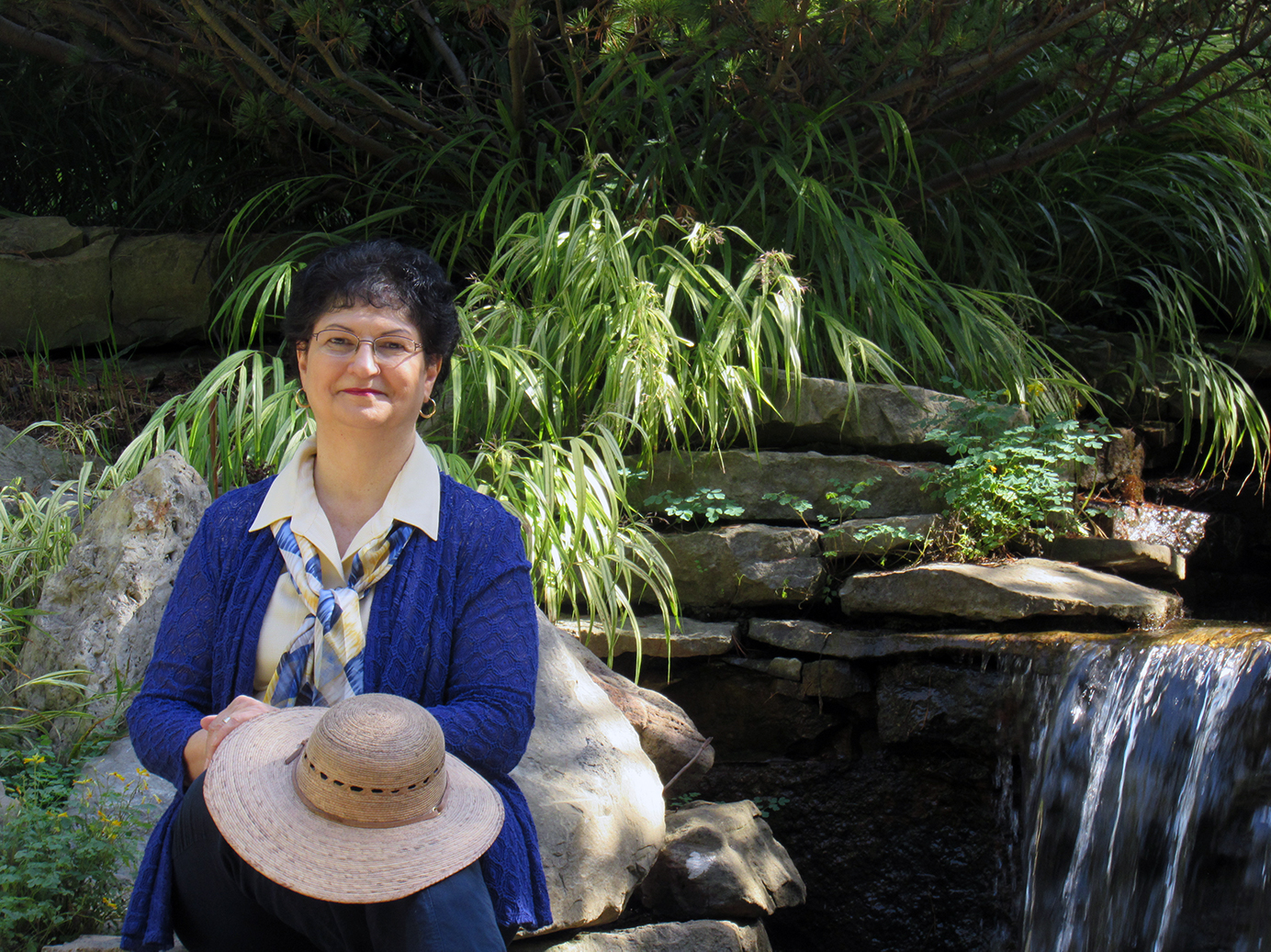Many books have been written about Feng Shui with topics covering love, fashion, children’s spaces and the list goes on. Some take a classic Chinese approach while others follow a more Western approach. It’s no wonder that contradiction occurs making it difficult for the consumer to know what to believe. Let me shed some light to the confusion by explaining the difference between “myth” and “fact”.
Myth: Feng shui involves elaborate or expensive changes.
Fact: Good feng shui can be achieved at little or no cost.

Myth: You have to hang crystals , bamboo flutes or use Chinese decorations.
Fact: Your own accessories, art, and symbols will prove to be more potent, because they have personal significance and reflect your own taste
Myth: Feng shui is obvious or garish.
Fact: Feng shui should never be out of sync with the taste and logic of a home’s inhabitants. Feng shui remedies that are strikingly apparent and a dwelling full of trinkets are signs of a feng shui consultation gone wrong.
Myth: Feng shui makes your house look Asian.
Fact: Your home should reflect your taste, history, and heritage. If you are Asian, of Asian descent, or collect Asian art, then an Asian theme is not any more feng shui than any other theme.
Myth: Feng shui is a religion, a fad, or based on magic.
Fact: Feng shui draws from Taoism, a Chinese philosophy. Philosophy is very different from religion. It is definitely not a fad; it has been around for more than 5,000 years. Although feng shui results seem magical, it draws upon the laws of nature and science.

